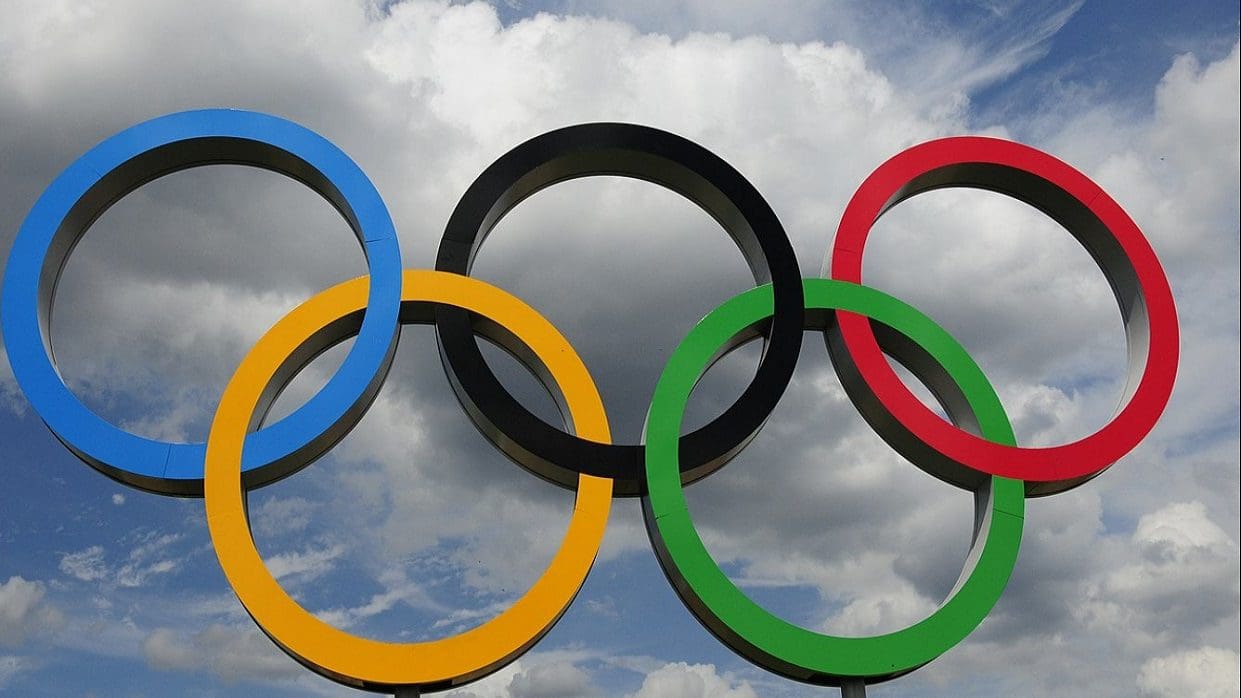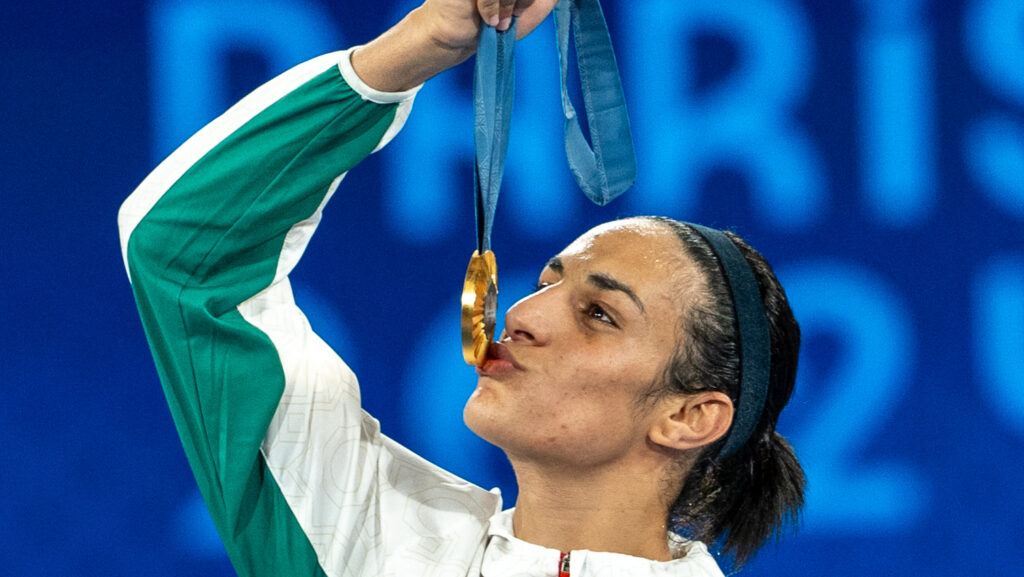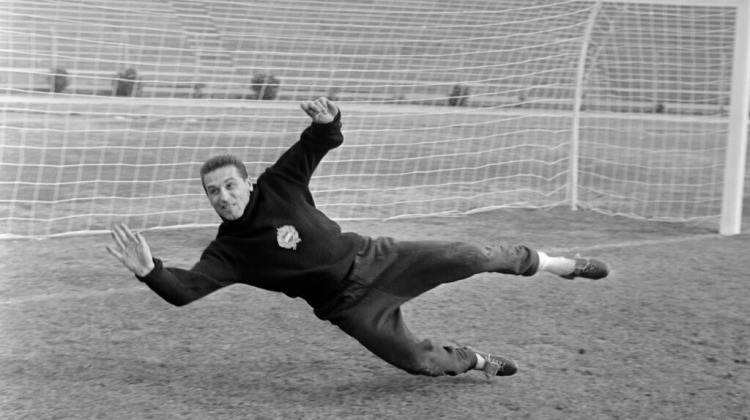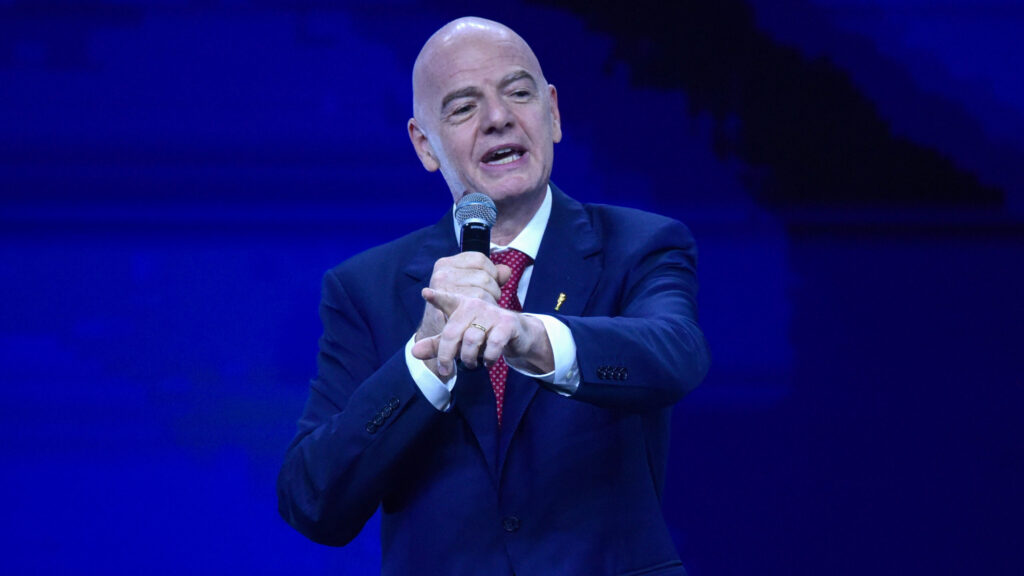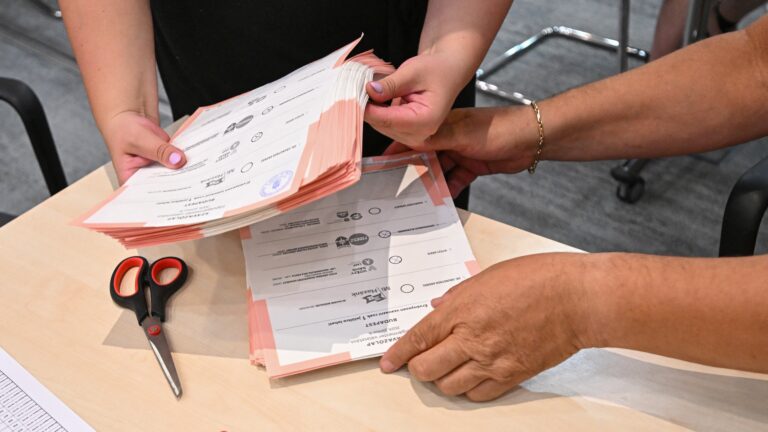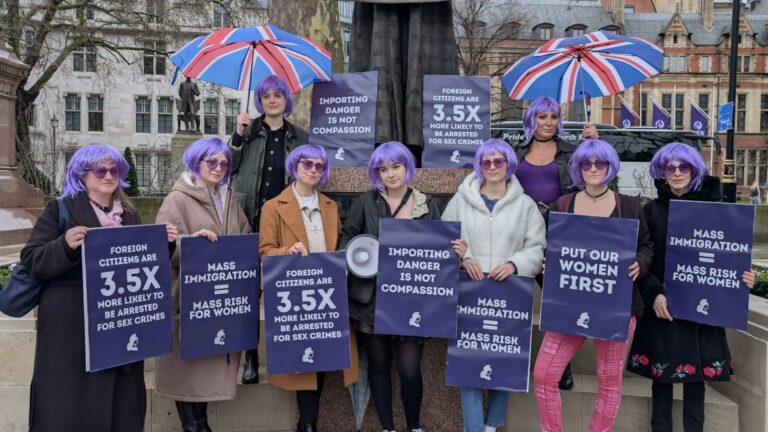According to recently published reporting by the British newspaper The Times, the International Olympic Committee (IOC) will be announcing at their next session in February that it will be banning biological males identifying as women from competing against female athletes.
The current IOC practice leaves it up to the international governing body of each sport to set eligibility standards for participation in women’s games. This is set to be replaced with a full-fledged ban on trans athletes in all women’s competitions ahead of the 2028 Summer Olympics in Los Angeles, California—ironically, one of the most progressive cities in the world.
Some Olympic sports have already moved ahead of the IOC on this issue. Governing bodies for sports such as swimming and track and field have implemented their own bans on transgender athletes in the women’s category.
Even before the new developments, IOC President Kirsty Coventry, the first female and first African person to hold that prestigious position, had made public statements about her intention to ‘protect women’ in athletic competitions in the past. The Zimbabwean Coventry is also a two-time Olympic gold medallist swimmer.
The Times reports that former Olympic rower Dr Jane Thornton has given a presentation to IOC members about the physical advantages biological men have over women, which persist even after testosterone levels are reduced through medication and therapy. The paper also claims that the members were very convinced by the presentation, with one anonymous source describing it to them as ‘very scientific, factual, and unemotional’.
‘We understand there will be differences depending on the sports. We should make the effort to place emphasis on the protection of the female category and we should ensure that this is done in consensus with all the stakeholders. But we need to do that with a scientific approach and the inclusion of the international federations who have already done a lot of work in this area,’ IOC President Coventry has stated on the matter, as quoted by The Times piece.
At last year’s Summer Olympics in Paris, France, a major international controversy broke out over Algerian boxer Imane Khelif competing in the women’s boxing event. Khelif, who has male chromosomes and female genitalia due to a birth defect, ended up winning in the welterweight category, even beating Hungarian boxer Luca Hámori on her way to victory.
The issue of intersex athletes is also expected to be addressed at the IOC meeting, not just trans athletes.
There is still work to be done to ensure the new policy can withstand legal challenges that are likely to come from transgender advocacy groups. Up to this point, the International Olympic Committee has only issued recommendations to sports federations rather than making these rules part of its own formal eligibility requirements.
Related articles:

